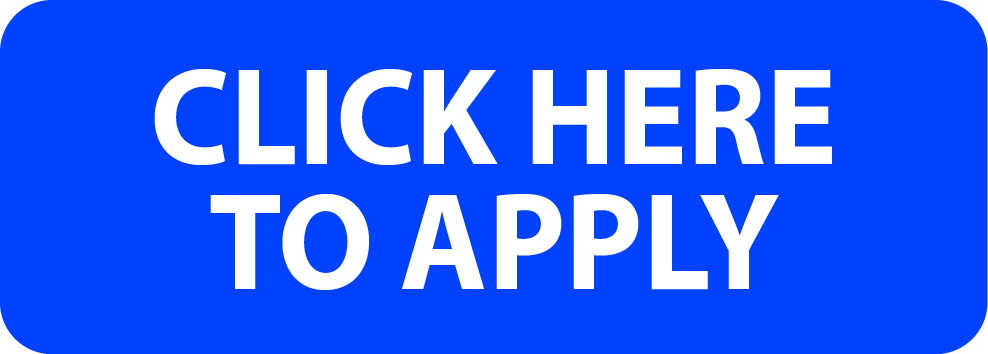
The Healing Illinois initiative will provide an opportunity for residents of communities across northwest Illinois that have been disproportionately impacted by COVID-19, to engage in meaningful dialogue about racial healing. A portion of the awarded funds will b used to facilitate belonging and equity conversations in partnership with Northern Illinois Center for Non Profit Excellence and United Way of Rock River Valley with a portion of the funds also being available for entities to apply for and receive grants for the work that they are doing around the topics below.
Grants up to $5,000, will be awarded to community-based organizations of all sizes to help create community-centric, inclusive spaces to talk, learn and grow. Any community-based organization in Stephenson, Jo Daviess, Carroll, Winnebago, Boone and Ogle County is invited to apply for funds. The community-based organizations grant requests will be reviewed by a volunteer committee of dedicated, involved community members throughout the northwest region of Illinois. Grant requests and initiatives should focus on the following:
• Promoting Dialogue: conversations to build understanding and empathy
• Encouraging Collaboration: activities that bring people together in person or virtually to connect and to act together on a project or idea
• Facilitating Learning: activities designed to build or enhance knowledge
• Seeding Connection: racial healing circles, peace circles, or restorative justice activities
APPLICATIONS ARE CLOSED

All grant recipients must sign a funding agreement and adhere to the following guidelines:
COVID-19 Precautions
All projects must follow the Illinois Department of Public Health (IDPH) guidelines related to the COVID-19 pandemic. Please check this site for the latest guidance before conducting any in-person activities. Pay particular attention to the number of people allowed in public gatherings and the mitigations required. These can be found in the Media & Publications section includes helpful flyers and other graphic materials in multiple languages about social distancing and mask wearing, the latest press releases and press conferences, and the Governor’s Executive Orders.
Allowable Costs
All grantees are subject to the funding restrictions relating to allowable and unallowable costs as set forth in 2 CFR 200, Subpart E-Cost Principles. Funds should be dedicated solely towards the Healing Illinois project. All grantees and subrecipients are subject to monitoring and should maintain all necessary documentation to support all expenses.
Allowable costs are those that are necessary, and reasonable and permissible under the law and can be found in 2 CFR 200 - Subpart E - Cost Principles. Examples include, but are not limited to:
1. Staff/personnel
2. Contractual (subawards, contracts, etc.)
3. Interpretation and translation services
4. Supplies (tablet devices, laptops, office supplies, etc.)
5. Printing (approved collateral and merchandise)
6. Advertising
7. Telecommunications (internet service, hot spots, data plans, phone banking)
8. Travel
9. Events, training, and meeting-related expenses which may include food, room rental, AV equipment rental, booth fees.
*Food and beverage costs must be reasonable, necessary and directly tied to the goals the Healing Illinois grant. Examples of food and beverages that may be allowable include water, coffee, bagels, donuts, pizza or other items available at a nominal cost. Catered or sit-down meals, alcohol and other non-essential items, are not allowed. All food and beverage purchases billed to the grant must be designed to encourage gathering of hard to reach populations. Additionally, grantees and subrecipients are encouraged to acquire lower cost locations and venues and avoid the appearance of extravagant spending.
Unallowable Costs
Unallowable costs include but are not limited to the following:
1. Bad debts
2. Contingencies or provision for unforeseen events
3. Contributions and donations
4. Entertainment, alcoholic beverages, gratuities
5. Fines and penalties
6. Certain interest and financial costs
7. Legislative and lobbying expenses
8. Real property payments or purchases
Documentation
All grant recipients are required to record and report how the funds are being used. Additionally, grantees are expected to provide receipts and invoices for the funds. All grantees must expend funds by March 31st, 2021, with the reports due April 5th, 2021 and the expectation of completing the project by March 31st, 2021.
Marketing and Publicity
In order to facilitate mutual recognition of the United Way of Northwest Illinois, Illinois Department of Human Services and The Chicago Community Trust, grantees are granted permission to use The United Way of Northwest Illinois, the Chicago Community Trust’s and Healing Illinois trademarks, logos, and name on all promotional materials, publications and related communications for the express purpose of promoting this grant and only for the duration of the project unless mutually agreed. All press releases, programs, announcements, feature stories, and print materials related to this grant must include reference to the support from The United Way of Northwest Illinois, The Illinois Department of Human Services in partnership with The Chicago Community Trust.
Contact:
United Way of Northwest Illinois
Connie Kraft
815-232-5184
director@uwni.org
